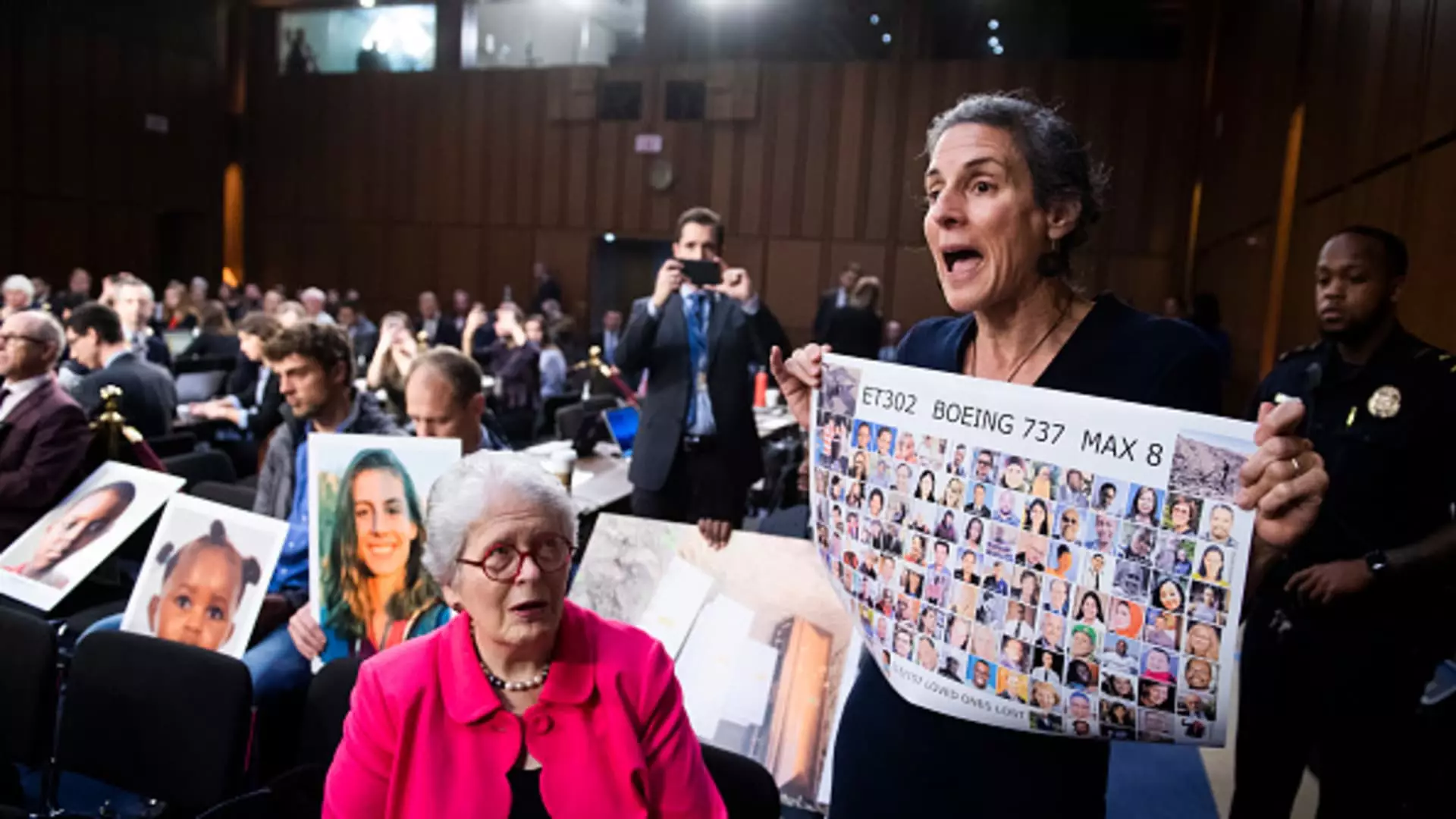The ongoing saga surrounding Boeing’s 737 Max has taken a dramatic turn with a federal judge’s recent rejection of the company’s plea deal related to criminal fraud charges. The implications of this decision resonate far beyond mere corporate governance; they challenge the ethical landscape within which major companies operate, especially in high-stakes industries like aviation. U.S. District Judge Reed O’Connor’s ruling not only raises questions about Boeing’s accountability but also highlights broader societal concerns around diversity, equity, and inclusion (DEI) within the context of judicial oversight.
In assessing Boeing’s plea agreement, Judge O’Connor exhibited significant reservations about including DEI policies in the appointment of a government monitor. He articulated profound apprehension that the monitor’s selection might be unduly influenced by race-based considerations, urging that their competency must be the sole criterion. This emphasis is critical as it underscores the importance of public trust in regulatory mechanisms, particularly in industries that directly affect public safety.
The judge’s insistence that U.S. regulatory bodies should operate devoid of any bias reflects an intention to protect the integrity of the legal and regulatory processes. By demanding clarity on how monitors would be appointed, it becomes evident that concerns about diverse representation can, in some cases, cloud the fundamental objective of ensuring competence and accountability. O’Connor’s ruling illustrates a pivotal intersection between social justice initiatives and traditional legal principles, complicating the already intricate landscape of corporate governance.
Boeing’s legal challenges primarily stem from its involvement in two devastating crashes that claimed the lives of 346 individuals aboard Lion Air and Ethiopian Airlines flights. Accusations that Boeing conspired to mislead U.S. regulators about the 737 Max’s critical flight-control systems have raised profound ethical questions. The weight of these accusations cannot be overstated; they pose serious challenges not just for Boeing’s financial viability but also for its reputation and operational credibility.
Despite the catastrophic consequences linked to its negligence, Boeing attempted to negotiate a plea deal that would effectively shield the company from a prolonged trial. However, public sentiment has strongly opposed what many perceived as a “sweetheart deal,” particularly from the victims’ families who seek justice and accountability for the grave losses endured. The mixed reactions from stakeholders highlight the tension between corporate interests and the demands for moral responsibility within the corporate realm.
Future Implications for Boeing and Corporate Accountability
The rejection of Boeing’s plea deal signifies a pivotal moment for both the company and the larger corporate landscape. The judge’s decision not only restricts Boeing’s pathway toward a lenient resolution but also sets a precedent for scrutinizing the actions of corporations in the face of potential wrongdoing. Moving into the next phases of legal proceedings, Boeing may face escalating legal pressures, possibly culminating in stricter penalties and increased regulatory oversight.
Furthermore, attorneys representing victims’ families have expressed confidence that the fallout from this ruling will lead to renewed legal negotiations that genuinely reflect the severity of Boeing’s transgressions. This perspective signals a shift in the dialogue surrounding corporate accountability. It suggests that legal entities are beginning to hold corporations to a higher standard, one that demands not only compliance with the law but also ethical conduct that prioritizes human life over profits.
A Call for Broader Reforms
As Boeing navigates this uncertain terrain, the implications extend beyond just the company. The case has ignited discussions around the need for robust reforms in corporate governance, especially within industries that operate under significant public scrutiny. Essential questions emerge: How can regulatory frameworks evolve to more effectively prevent corporate malfeasance? What role do DEI initiatives play in ensuring accountability?
The legal struggles faced by Boeing serve as a microcosm of a larger dialogue about corporate responsibility, regulatory effectiveness, and the balance between ethics and competitiveness in the business world. The stakes involve not merely financial penalties but the very essence of trust and public safety in high-risk industries. The outcome of this case may redefine corporate accountability and result in significant shifts in how corporations engage with regulatory bodies and the communities they affect.



Leave a Reply